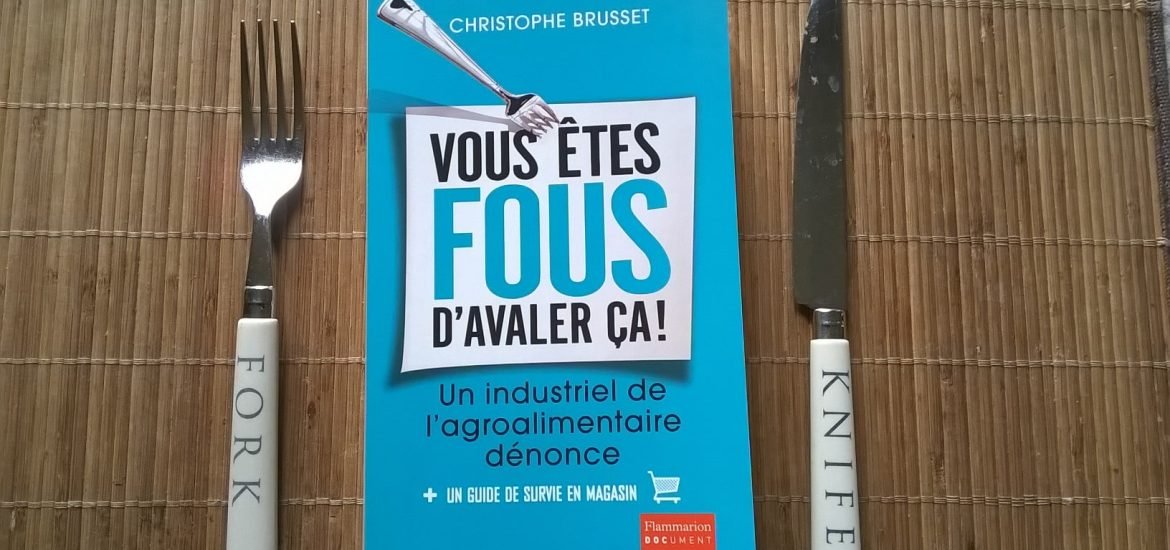
In the book “You are crazy to eat this”, an engineer raises the alarm about food quality after working for the food industry for 20 years.
At age 44, Christophe Brusset decided to “do the right thing” and to shine a to light on the abuses committed by the food industry in a book. “I am thankful that those companies enabled me to make a living. But I have seen disturbing things”, he says. He further develops: “One must know that not every actor in the business is misbehaving. But I wanted to warn people, as controls don’t always revel the whole truth.” And the book exposes several serious frauds and swindles. The main goal for the ago-industry is to make profit, not to better public health, he says. And for the companies who cross the line, “the risk of being caught is negligible in comparison with the profit they make.”
For one, labelling can be misleading. It is, for instance, transforming a product in a country is enough to label it “made in” this country. Moreover, Christophe Brusset warns that “not everything is written” on labels. “In addition, when all the information is there, it is often impenetrable for a regular consumer: E150, E110, E112… Even for me it is hard to know what actually is inside processed food.” There is also a tolerance for foreign bodies that varies between 0.2 and 0.5%. In addition to that, there ae many unspoken truths: “lawmakers consider that it is not compulsory to declare traces of a foreign element in a finished product. They are called ‘processing aids’.”
The book also explains how some of the cheap honey found in our supermarkets actually a counterfeit. China is the world’s first honey producer, despite the fact that it’s bee population has plummeted due to massive pesticide use. “A large share of their honey – the majority I have found – is fiddled with (…) China has mastered the art of mixing industrial sugar, food colouring, pollen, artificial flavourings and other additives to imitate natural honey.” According to a 2014 study by the consumer association Que Choisir (“What to Choose”), up to 30% of the honey sold in Europe is fake. As a result, it is significantly cheaper and consumers buy more of it – which makes you wonder to what extent we are responsible of the quality of the food we eat.
This post is also available in: FR (FR)DE (DE)